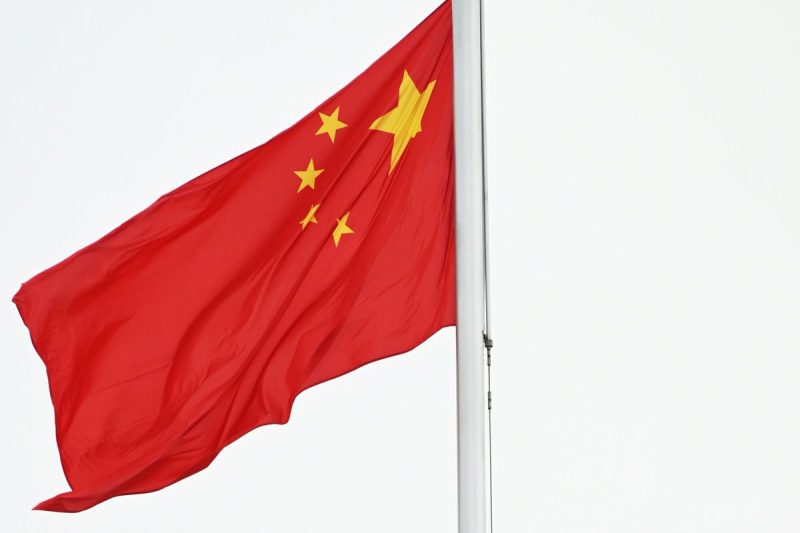China Tightens Grip on Strategic Minerals with New Antimony Export Controls
Antimony, a key strategic mineral used in various industries including technology, defense, and healthcare, is playing an increasingly important role on the global stage. China, known for its substantial antimony reserves and production capacities, has recently tightened its control over the export of this vital mineral. This move by China has significant implications for the global supply chain, impacting industries relying on antimony for various applications.
The new export controls imposed by China mark a shift in the global trade dynamics of antimony. With China being a dominant player in the antimony market, its decision to restrict exports raises concerns among importing countries reliant on Chinese supplies. This development underscores the strategic importance of antimony and its impact on the economic and geopolitical landscape.
One key implication of China’s tighter grip on antimony exports is the increased competition for alternative sources. Importing countries that heavily rely on Chinese supplies will now need to diversify their sources to ensure a stable supply chain. This shift may lead to greater exploration and development of antimony reserves in other regions, reducing dependency on China and enhancing supply security.
Furthermore, the new export controls may result in price fluctuations in the global antimony market. With China limiting its exports, the scarcity of antimony in the international market could drive up prices, impacting industries that rely on this mineral for their operations. This price volatility could prompt stakeholders to reconsider their supply chain strategies and explore ways to mitigate risks associated with the changing market dynamics.
In addition to economic implications, China’s control over antimony exports has strategic and geopolitical ramifications. Antimony plays a crucial role in various high-tech industries, including electronics and telecommunications. As China strengthens its control over the global supply of antimony, it gains leverage in trade negotiations and geopolitical engagements, positioning itself as a key player in the strategic minerals market.
The tightening of export controls on antimony by China also raises questions about the environmental and sustainability aspects of antimony production. As the demand for antimony continues to rise, ensuring responsible sourcing practices and addressing environmental concerns associated with its extraction and processing become imperative. Stakeholders in the antimony industry must prioritize sustainable practices to minimize the environmental impact and meet the evolving regulatory standards.
In conclusion, China’s recent move to tighten its control over antimony exports signals a significant shift in the global dynamics of strategic minerals trade. The implications of this decision are far-reaching, affecting industries, economies, and geopolitical landscapes worldwide. Stakeholders in the antimony market need to adapt to these changes, diversify their supply chains, and prioritize sustainability to navigate the evolving challenges and opportunities in the strategic minerals industry.

